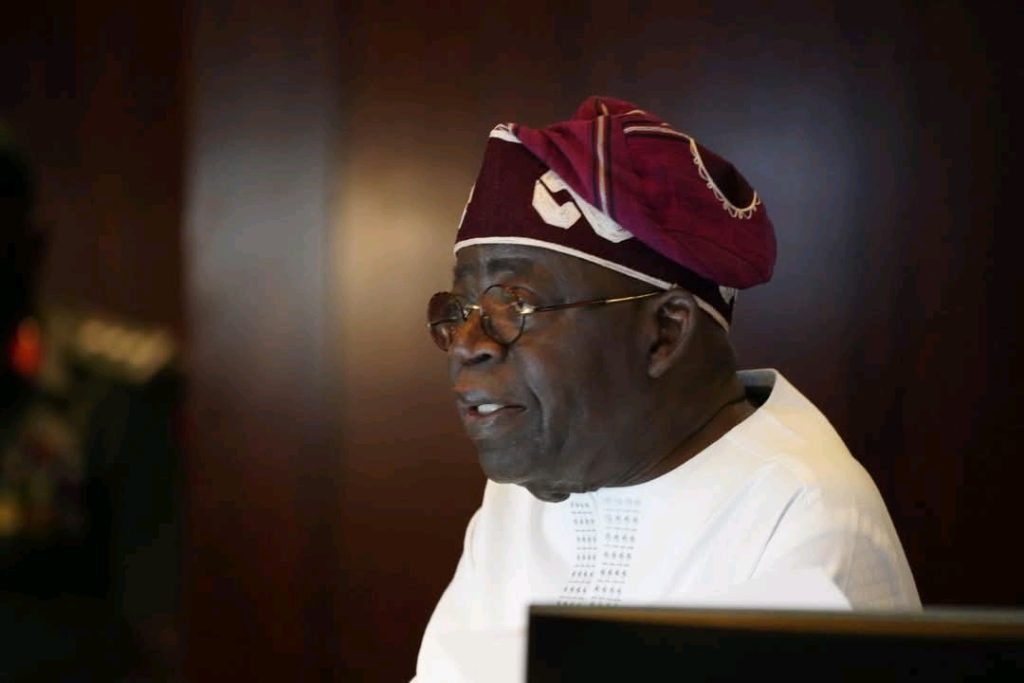US President Donald Trump announced on Thursday that he has agreed to reduce tariffs on Chinese goods related to fentanyl to 10 percent, following discussions with Chinese President Xi Jinping in South Korea. This development comes as part of a broader effort to address trade tensions between the two nations.
According to President Trump, the dispute between China and the United States has been “settled.” The specifics of the agreement and the implications for the ongoing trade negotiations between the two countries are still emerging. The reduction in tariffs on fentanyl-related products is seen as a significant step, given the drug’s role in the opioid crisis affecting many countries, including the United States.
The meeting between Presidents Trump and Xi Jinping took place on the sidelines of a regional summit in South Korea, highlighting the importance of dialogue between the two leaders in resolving trade and security issues. The agreement to cut tariffs is expected to have a positive impact on bilateral trade relations, which have been strained due to the imposition of tariffs by both countries on each other’s goods.
In related news, President Trump also announced that China has agreed to purchase large quantities of soybeans from the United States, a move that is likely to benefit American farmers who have been affected by the trade tensions. This development underscores the complexities of the trade relationship between the two nations, with areas of cooperation existing alongside points of contention.
The reduction in tariffs on fentanyl-related goods and the agreement on soybean purchases are significant steps towards easing trade tensions between China and the United States. As the world’s two largest economies, the nature of their trade relationship has global implications, affecting markets, industries, and economies worldwide. The outcome of these negotiations will be closely watched, as it could set the stage for further dialogue and cooperation on a range of issues, including trade, security, and global governance.



